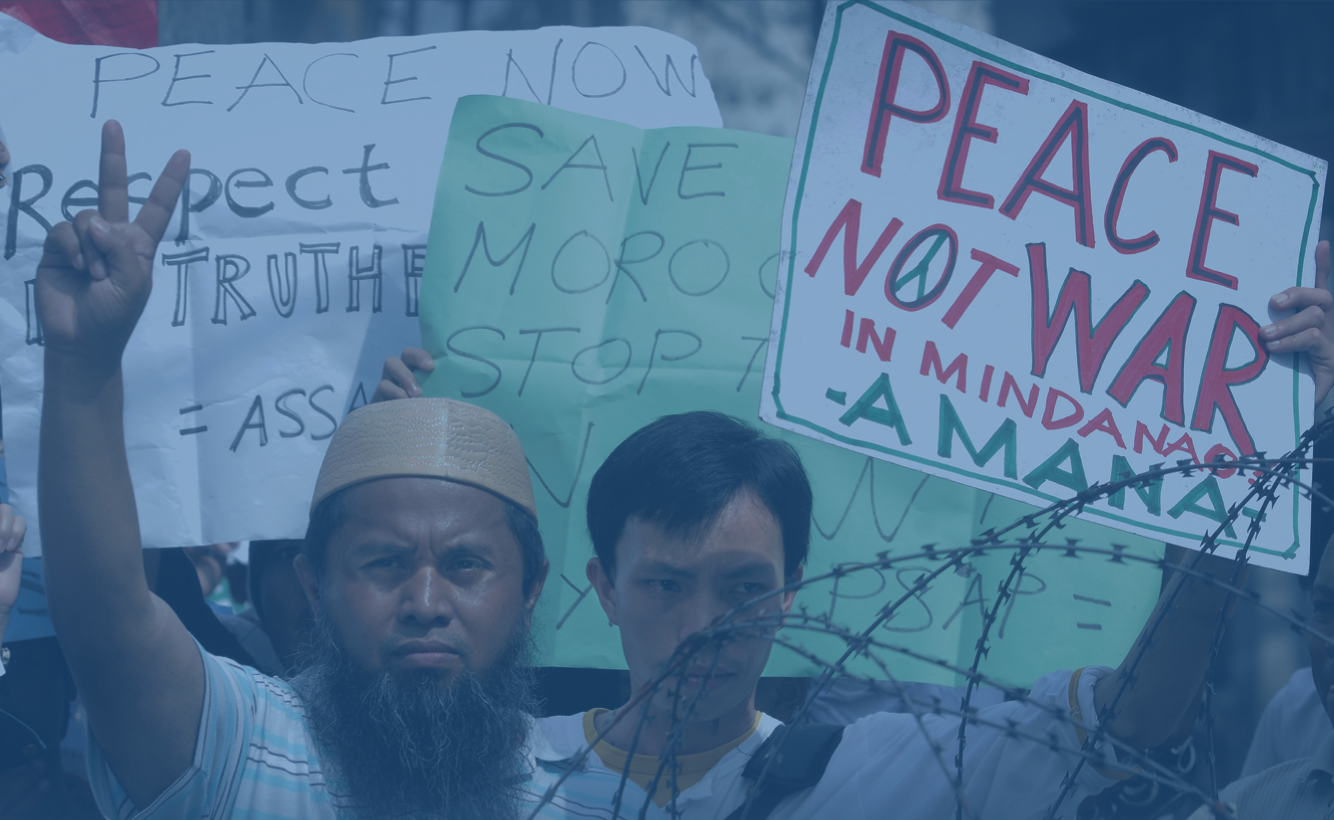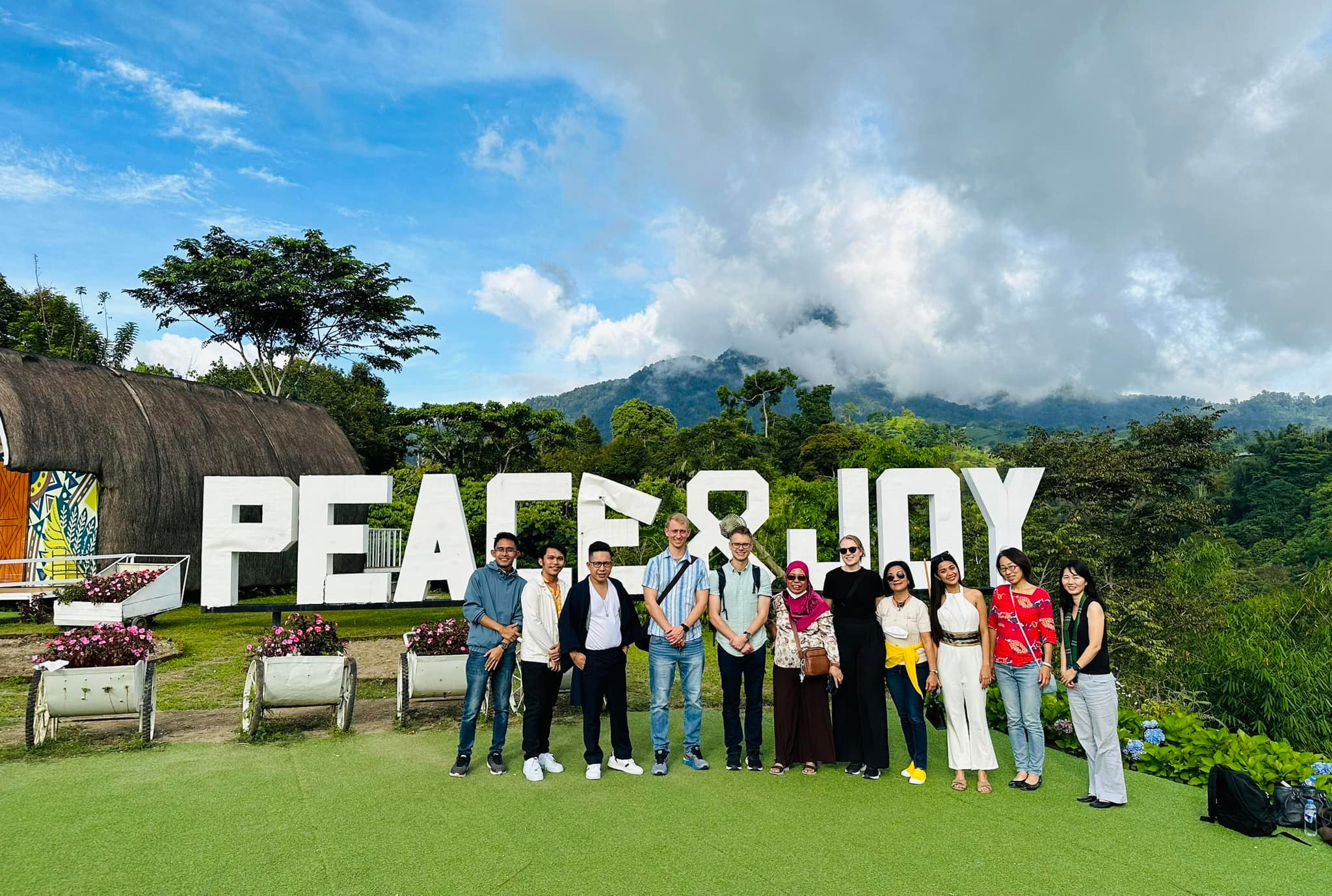More than two decades ago, the United Nations Security Council adopted Resolution 1325 on Women, Peace and Security (WPS) to recognize women’s unique experiences of conflict and acknowledge that gender equality is an integral part of international security and peace.
In policy circles, gender has often remained synonymous with women, and WPS work, in particular, has been reluctant to directly address the topic of men and masculinities.
Future WPS work needs not only to address how men and boys can be agents of change for gender equality and peace but also to engage with how narratives of masculine strength and superiority are used to justify gender inequality, violence against women, and participation in armed conflict.
The research presented in this report contributes to bridging the gap between current WPS practices that focus mainly on women and a growing body of research that explores how efforts to improve the status of women are strengthened by engaging with men and masculinities. Our report is based on a survey conducted with partners in three conflict-affected contexts in Southeast Asia: Aceh and Maluku in Indonesia and the Bangsamoro Autonomous Region in Muslim Mindanao (BARMM) in the Philippines. The report identifies the kinds of masculinity norms that are playing out in our three cases, how these masculinity norms are related to peace and violence, and how they shape women’s ability to access power.
Key Findings & Policy Implications
Violence does not appear as a core quality of men’s understanding of or investment in masculinity. Across all three cases, men consider being capable of violence the least important quality for being a man.
- Programs—whether working with men or with women or focusing on violence reduction in general—should not assume that all men are violent.
- Local peacebuilding initiatives should leverage men’s preference for nonviolence to increase men’s participation in their programs.
Men value being a protective family man who is strong but nonviolent, religious, and an economic provider.
- While these may appear to be “good” qualities, these norms often create, rely on, and legitimize inequalities between men and women. For instance, situating men as primary breadwinners for the family reinforces women’s economic dependence on men. In their marketing materials, program goals, and funding decisions, programs should be careful not to reinforce norms and behaviors that may appear positive but ultimately rely on and reproduce women’s subordination to men.
- Programming around women’s economic empowerment may be particularly susceptible to provoking backlash from men who value the role of economic provider and, consequently, may require additional safeguards. Incorporating a masculinities perspective in program design can make gender-transformative work possible by helping to anticipate how men are likely to react to changes in women’s status and which changes will likely be perceived as more or less threatening.
Women and men have similar attitudes toward patriarchy and gender roles across all three cases.
- Post-conflict recovery and development programming should not assume that gender differences alone determine beliefs around patriarchy and violence. Such programming should also focus on how local institutions and intersectional conditions such as local religious, economic, and security factors shape and constrain individuals’ beliefs, values, choices, and behaviors.
- Policies and programs designed to tackle discriminatory gender norms cannot focus exclusively on men and, instead, must engage with such discrimination as a system of power and gendered relationships. Specifically, they must investigate and consider the reasons and incentives for women to uphold patriarchal structures.
Women, especially in their roles as mothers and wives, play a significant part in shaping expectations of masculinity.
- Violence prevention programs need to work with men and women. Wives and mothers can be key allies in programs seeking to change men’s beliefs and behaviors.
- Gender-transformative interventions should include both community- and family-focused angles, taking care, however, to avoid burdening women with additional labor obligations.
Male respondents express a desire for different expectations of masculinity.
- Participatory programs should engage with local men and boys to identify what different roles and responsibilities they desire and explore how these can support gender equality and sustainable peace.
- Participatory programs on masculinities should also include women and girls because they, too, shape expectations of masculinity.
In peacebuilding contexts, men and women agree that they cooperate in building peace, but both consistently identify men as leaders and women as more passive beneficiaries of peacebuilding efforts. Similar trends exist with regard to public authority at large; men and women see many positions of power as meant for men, or for both men and women, but never for women alone.
- Gender-sensitization training should be mainstreamed in all peacebuilding programming and provided to male political leaders and decision-makers.
- Increasing women’s participation in peace and political processes is not sufficient to achieve gender equality because men and women default to men as leaders. Programs should elevate grassroots women, identify the political changes that they desire, and amplify the places where they already exercise power.
We emphasize that this research is exploratory. Forthcoming research from our partners in Indonesia and the Philippines, which includes qualitative data, will further situate findings within local contexts and bring much needed insights to the dynamics driving survey results. Our findings are meant to be read as general comments about how the WPS Agenda can more productively engage with the complex links between masculinities, (non)violence, and gender equality. They are intended to highlight areas of interest, chart directions for future research in the field of WPS, and illustrate the policy implications of integrating a masculinities lens. Our findings should prompt policymakers and practitioners to reconsider how to engage with men and masculinities in WPS programming. For researchers, our findings present a starting point for further research on masculinities, peace, and conflict, especially in Aceh, Maluku, and the BARMM.

